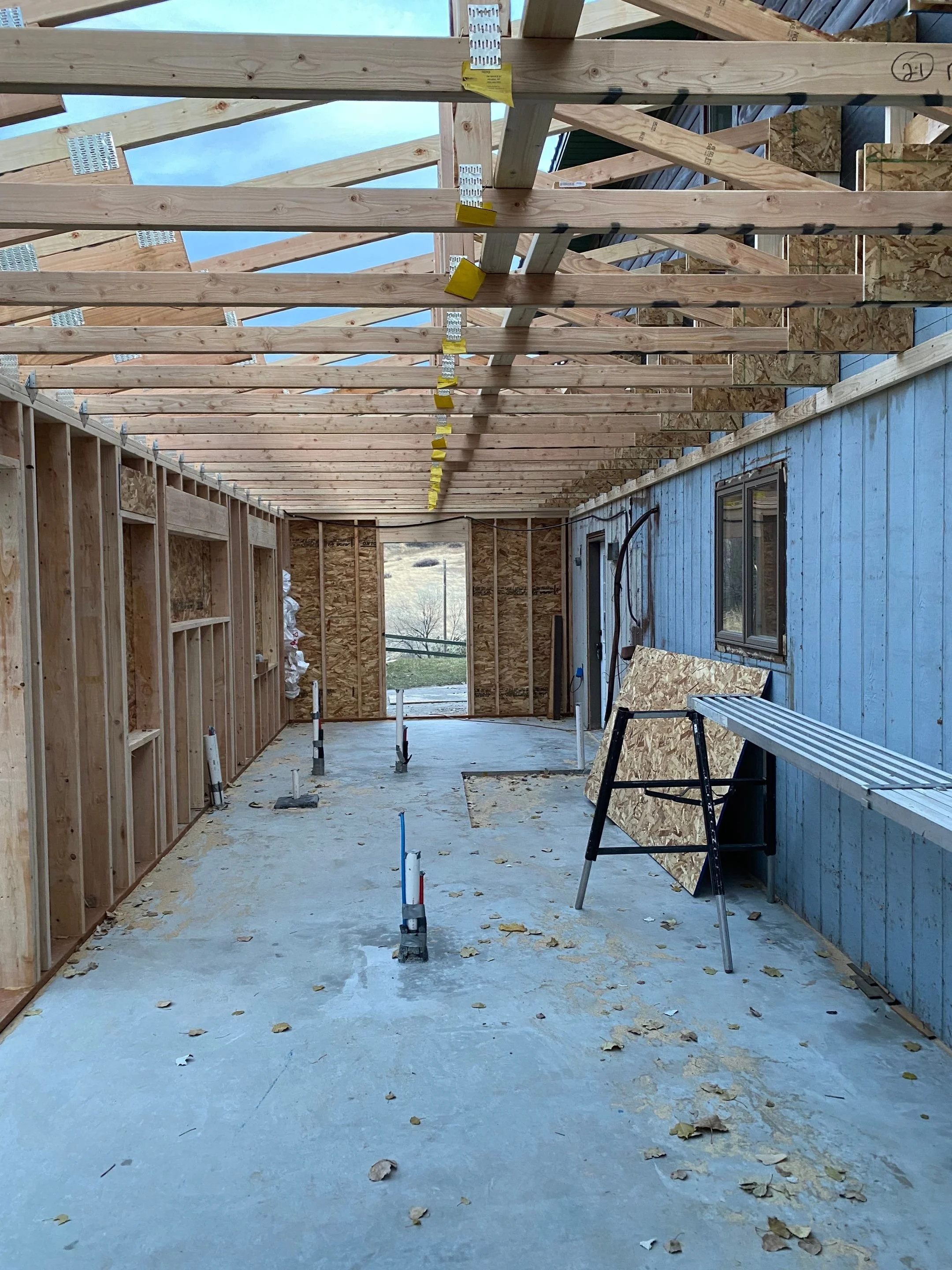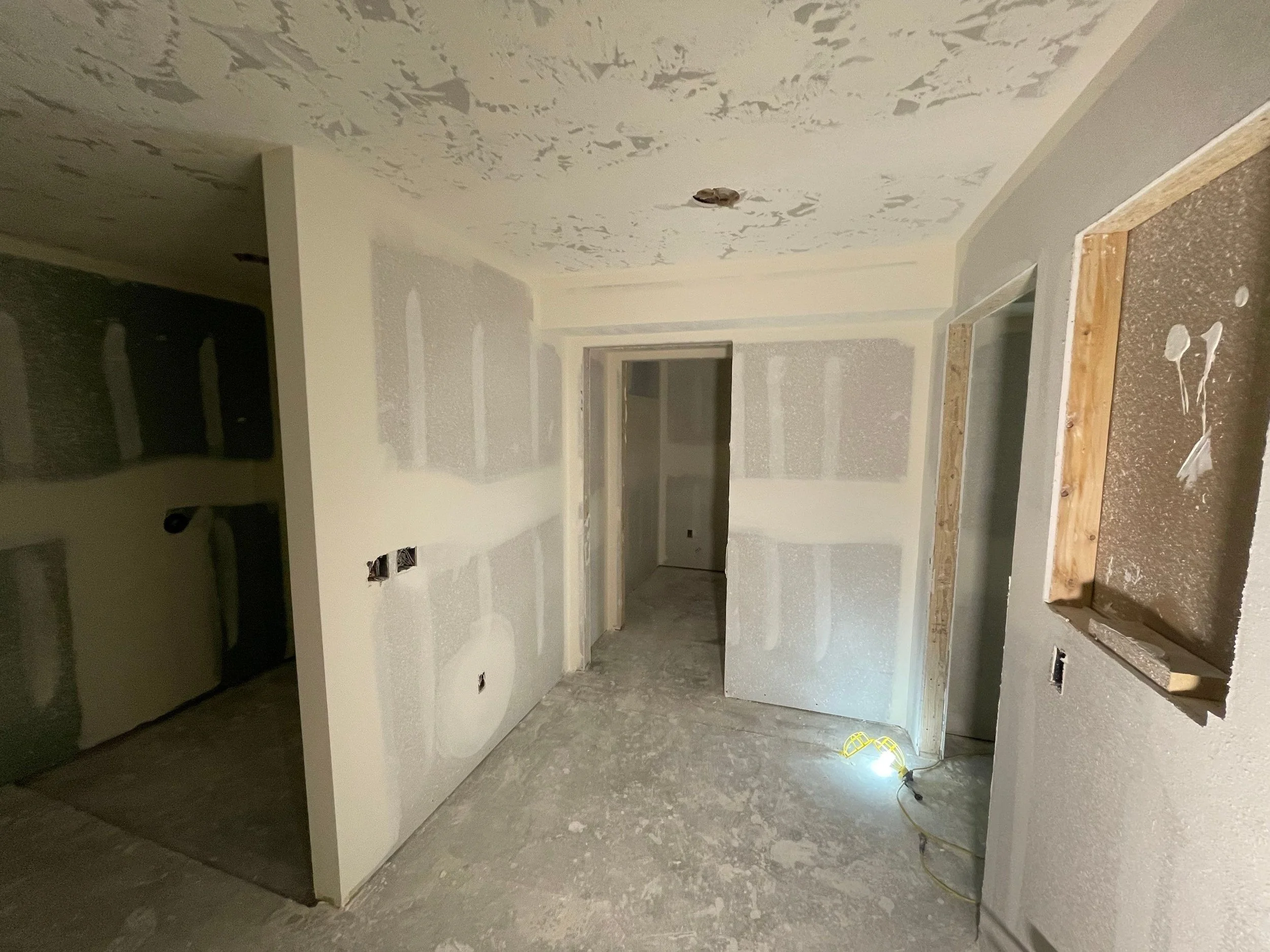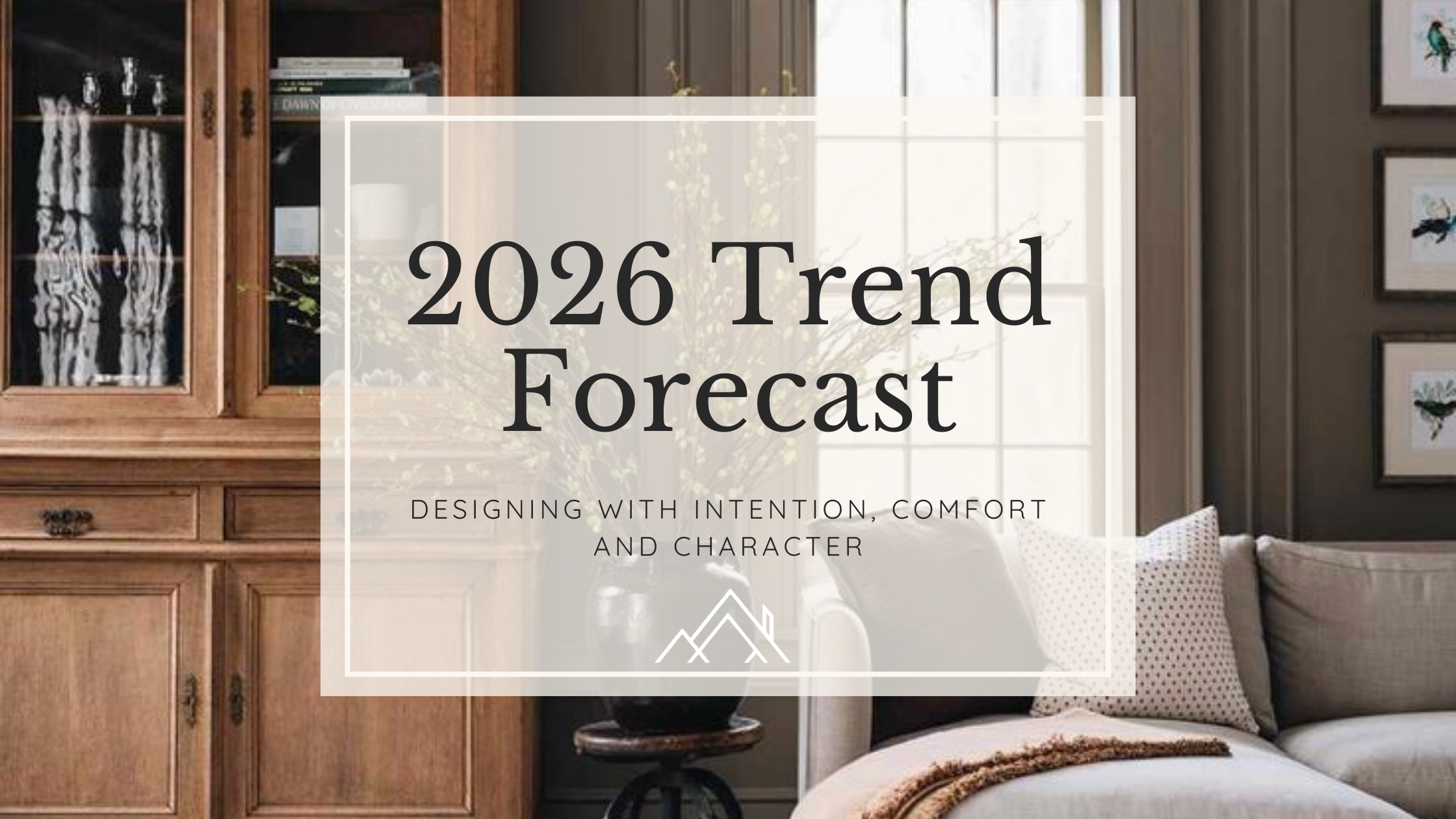How to Start a Home Remodel (Without Getting Overwhelmed)
A calm, confident roadmap to remodeling your Montana home the right way.Remodeling your home is exciting, but let’s be honest: it can also feel like a LOT. From choosing paint colors to managing contractors, it’s easy to go from inspired to overwhelmed before demo day even begins.
The good news? With a clear plan (and the right support), you can approach your remodel with clarity, confidence, and creativity. Whether you’re renovating a single room or reworking the whole house, this guide will help you start strong and stay sane.
Step 1: Define the Why, Not Just the What
Before selecting materials or hiring a contractor, ask:
What problem is this remodel solving?
Outgrowing your current layout?
Tired of outdated finishes?
Planning to sell and want a return on investment?
Craving more functionality for your family or lifestyle?
Knowing your “why” anchors the project and helps guide every design decision—from layout to lighting.
Designer note: Write a 1-2 sentence goal statement (example: "We want to open up the kitchen to improve flow and make hosting easier." Then share it with your designer. 😉
Image Source: Montana Interior Design
Step 2: Set a Realistic Budget Range
Costs can vary widely based on scope, materials, and labor. Having a realistic budget range upfront helps avoid design delays, costly redos, and disappointment down the line.
Include:
Construction + trades
Design fees
Appliances, fixtures, finishes
Permits and inspections
A 10-20% contingency fund for surprises (especially in older Montana homes)
Designer note: Not sure where to start? We offer budgeting consultations to help you understand your options.
Image Source: TopTierRennovations
Step 3: Choose the Right Team Early
A successful remodel depends on more than Pinterest boards, it takes a strong team. The earlier you bring in your interior designer, contractor, and architect (if needed), the better the project flows.
Start with:
Interior Designer: to define scope, create drawings, specify materials, and keep the vision cohesive
Contractor: to assess feasibility, budget labor, and execute the work
Architect (if structural work is involved)
"In Montana, choosing a team that understands local codes, climate, and construction timelines is key."Image Source: Montana Interior Design
Step 4: Finalize the Design Plan (Before You Demo)
It’s tempting to “figure it out as you go”, but that leads to stress, rework, and blown budgets. Instead:
Finalize floor plans and elevations
Confirm fixture and finish selections
Get quotes from all trades before you start
Secure permits and lead-time items (tile, cabinets, appliances)
Design first. Build second. Always.
Image Source: Montana Interior Design
Step 5: Prepare for the Mess (and the Pivot)
Even the best-laid plans encounter hiccups—especially in Montana, where weather, material delays, and labor availability can shift schedules.
To stay sane:
Set up a temporary kitchen or bath if you’re remodeling a core space
Communicate with your design team weekly
Plan for dust, noise, and decision fatigue
Be ready to make a few on-the-fly decisions, but don’t skip the big-picture goals
Designer note: Working with a full-service design team helps protect you from remodel fatigue. We handle the behind-the-scenes so you can focus on the fun stuff.
Image Source: Montana Interior Design
The Good News?
With a clear plan (and the right support), you can approach your remodel with clarity, confidence, and creativity. One of the most effective ways to avoid project overwhelm is to brin in an interior designer early in the process. A designer helps you:
Clarify your vision
Set priorities and budget
Coordinate contractors and timelines
Avoid costly missteps and rework
Instead of juggling everything yourself, you get a structured roadmap—and a professional to guide you through each phase.
Final Thoughts: It’s All in the Details
A remodel doesn’t have to be chaotic. With the right process, the right professionals, and the right expectations, it can be one of the most exciting and rewarding things you do for your home.
And when it’s all done? You’ll be left with a space that’s not only beautiful, but designed to work better for you—every day.
Thinking about remodeling your home?
We’d love to hear what’s on your mind. Drop your biggest questions in the comments, or start a consult at: @MontanaInteriorDesign
Planning a remodel or new build? - Let’s design something timeless. ↗️
All of your support is amazing, and I am so thankful you are here! I really hope this has helped you with your projects or future ideas. Please follow along for a deeper look into the design industry and what I’ve learned working on my own house projects. Send me projects you are currently working on in the comments below! I love seeing what you are up to.
Happy Styling! Read more posts:










